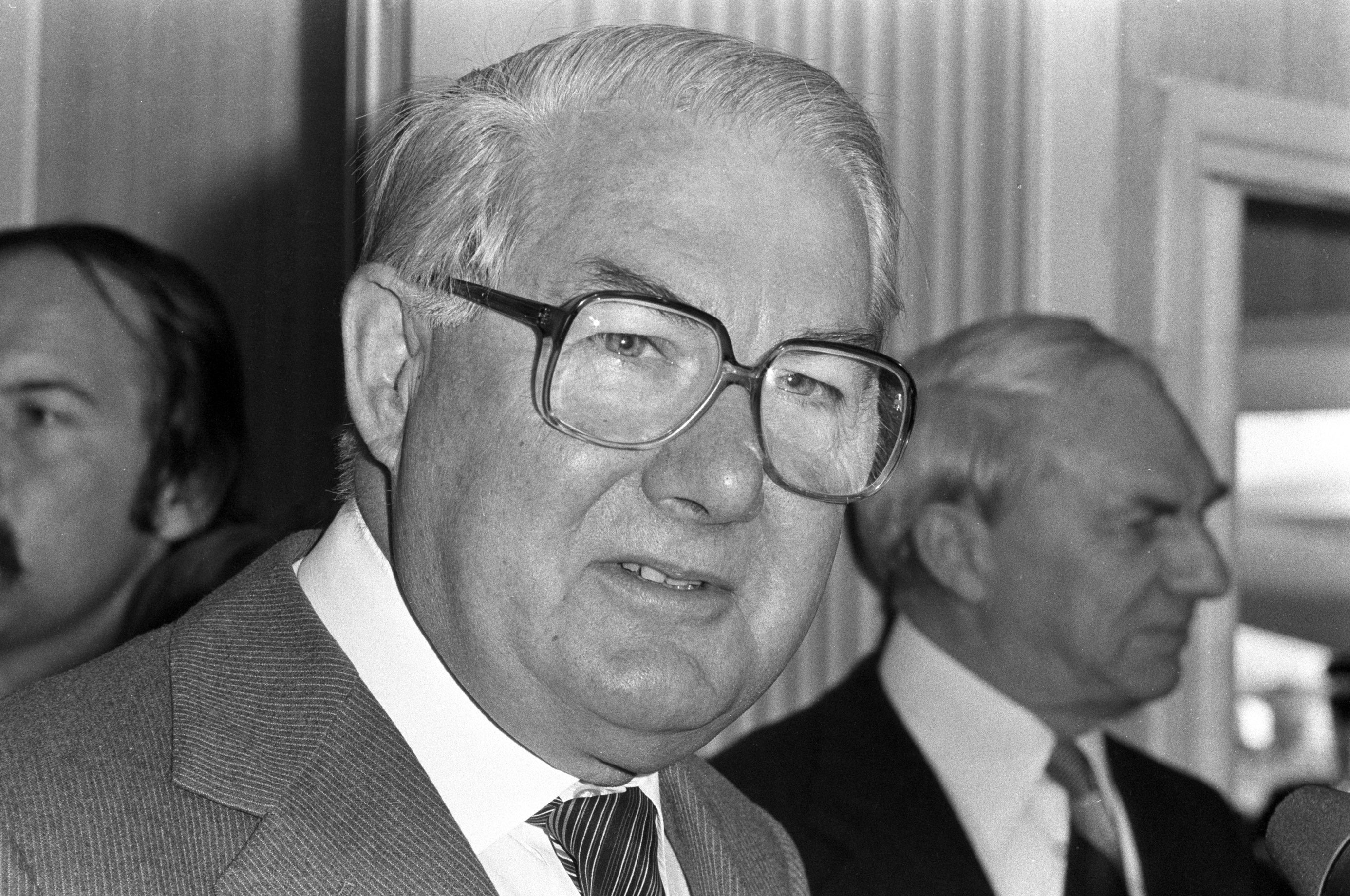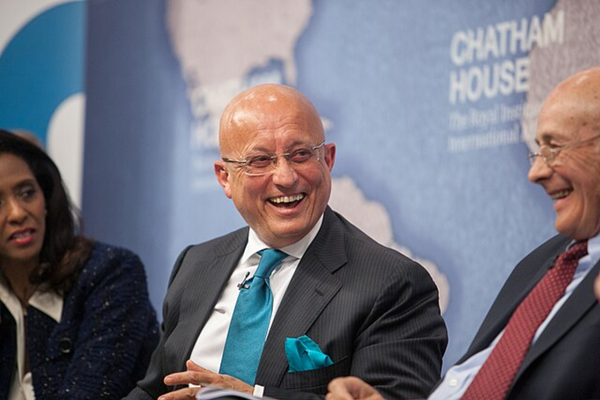Wes Streeting has denied he is plotting to oust Sir Keir Starmer after Downing Street intervened in claims that a potential leadership coup is in the works.
Dismissing the speculation, the health secretary said the claims were “self-defeating and self-destructive”, comparing them to conspiracy theories.
He told Sky News on Wednesday: “I think whoever’s been briefing this has been watching too much Celebrity Traitors.
“It’s a totally self-defeating briefing, not least because it’s not true and I don’t understand how anyone thinks it’s helpful to the prime minister either,” he added, calling for the originators of the briefings to be sacked.

The episode has led many to wonder how possible a change of leadership in No 10 could be, as Labour continues to drop in the polls.
Political sources have been briefing the media for months that many Labour MPs are dissatisfied with the PM’s performance, and would welcome a new leader and the much-needed popularity boost they could bring.
Several names have been floated as the most likely contenders, Mr Streeting being the most obvious. Joining him in the runners and riders list are home secretary Shabana Mahmood, defence secretary John Healey, and even former deputy PM and housing secretary Angela Rayner.
Here’s how it could happen:
Starmer resigns
In recent years, a straightforward resignation has been the most common way for a PM to leave office. Damaged credibility, low popularity in the polls, ministerial resignations – all could be enough for an embattled premier to call it a day.
While this is the most likely way for Sir Keir to go, most political analysts would agree he has a lot more road left before this point. The upcoming Budget will be decisive in securing the PM’s future, alongside the local elections in May 2026.
Should the public response to the fiscal event be unfavourable, and the results of these elections be bad news for Labour (early polls indicate as much), then the prime minister may see disquiet in the party ranks grow.
Three of the four previous prime ministers have bowed to pressure from their party in this way, resigning in the face of intense pressure.
In July 2022, Boris Johnson resigned after surviving more scandals than most.
Only a month prior, Conservative MPs had held a no-confidence vote in the prime minister in response to the “Partygate” scandal. However, Mr Johnson was able to narrowly avoid being ousted in the process, securing 58.8 per cent of the vote.
It would shortly after be the Chris Pincher scandal that proved one too many. Characteristically refusing to bow to political pressure at first, it took the mass resignation of 11 ministers to ultimately give Mr Johnson the final push and announce his resignation.
Leadership challenge
Each parliamentary party has a different approach to challenging its leadership, meaning Sir Keir would not face the same internal no-confidence vote that Mr Johnson did in 2022.
Instead, Labour MPs can trigger a leadership challenge if a candidate is put forward by 20 per cent of its MPs (currently equal to 81). This candidate has to be a member of parliament.

The incumbent leader will automatically be included on the ballot, and the vote is then put to the members as in a regular leadership election.
The last time this process happened was in 2016, when then-leader Jeremy Corbyn was challenged around a year after his initial selection by Owen Smith.
While around 172 Labour MPs triggered the vote, versus the 40 against, the members would ultimately reselect Mr Corbyn with an increased majority.
Vote of no confidence
It is part of the UK’s constitution that the government must be able to command the confidence of the House of Commons. When this comes into doubt, a confidence vote can be triggered, forcing the current government to resign, or a general election to be called.

The most common way for this to happen is by the leader of the opposition – currently Kemi Badenoch – tabling a vote of no confidence, explicitly stating that the House has lost confidence in the government.
However, given Labour’s massive majority in Commons – holding 405 of the 650 seats – it is unlikely this vote would pass. The choice of any Labour MP who votes against the government would be public, meaning most would have a high bar to go against the current administration.
As such, it is rare for a government to be defeated in this way, happening only once since the end of the Second World War. This was in 1979, when James Callaghan’s minority Labour government was defeated by an incredible 311 to 310. The general election triggered by this vote would see the Conservatives win under Margaret Thatcher, and Labour out of power for the next 18 years.
Governments have, in the past, also triggered confidence votes in themselves by declaring a key policy as a “matter of confidence”.
Starmer shuts down Lowe’s calls for a referendum on the death penalty
Starmer ‘never authorised’ No10 attack on Streeting amid leadership crisis: Latest
Wes Streeting in last-minute plea to doctors to call off strike
Reform politician faces two-week ban for using racial slur
What compensation could Waspi women be entitled to and why is it controversial?
Keir Starmer breaks silence on Donald Trump’s threat to sue BBC for $1bn







